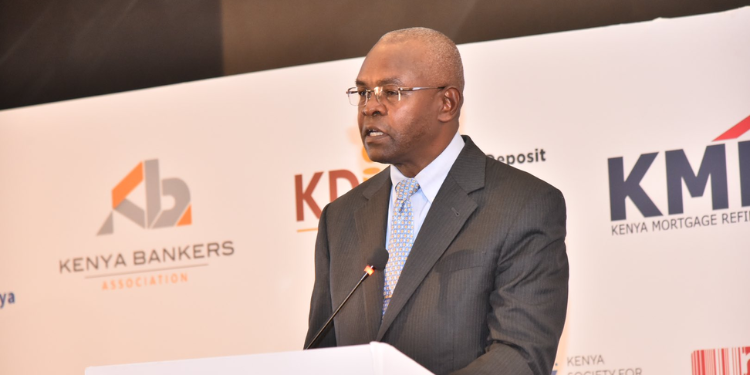The Central Bank of Kenya (CBK) has fined 11 commercial banks and forex bureaus a combined Ksh191 million for violating lending, capital adequacy, and governance regulations.
The regulator’s 2024 Bank Supervision Annual Report shows that the penalties, equivalent to about USD 1.48 million, were collected in the year to June.
Although the number was down from 12 institutions fined in 2023, CBK warned that the figure still proves persistent weaknesses in compliance.
“The banking sector must remain stable, resilient, and aligned with customer needs. We will not hesitate to enforce rules that protect the public and the integrity of the financial system,” CBK Governor Dr Kamau Thugge said in the report.
New Rules for Banks
The enforcement actions come after legal reforms under the Business Laws (Amendment) Act, 2024, which took effect in December 2024.
The new framework puts penalties at Ksh20 million or three times the financial benefit gained or loss avoided by an institution’s breach.
Also Read: CBK Proposes New Rules for Digital Lenders
CBK says the change was designed to make sanctions effective, proportionate, and dissuasive, aligning Kenya’s banking penalties with global best practice.
“This amendment ensures penalties are no longer just a cost of doing business. They are meant to sting enough to drive compliance,” the report adds.
The targeted breaches in 2024 included irregular lending practices that failed to comply with risk-based pricing models.
Additionally, the banks were found guilty of Capital adequacy shortfalls, where they did not maintain the statutory buffer.
The report also noted governance lapses, including weak oversight by boards and management.
Also Read: CBK Explains Why Company Bank Loans Have Increased in 2025
CBK Pushes for Cheaper Credit
The crackdown is part of CBK’s ongoing policy push for affordable credit, anchored in the Kenya Banking Sector Charter’s four pillars, which are customer-centricity, risk-based pricing, transparency, and ethical banking.
Introduced in 2019, the Charter requires banks to align pricing models to the risk profiles of borrowers, rather than applying uniform high rates. In 2024, CBK continued to engage lenders on refining these models.
“Banks must operate with the customer in mind, not just as borrowers, but as partners in growth. Risk-based pricing should reward good borrowers with better rates,” the Governor said.
Despite the enforcement actions, the banking sector’s core stability indicators remained strong in 2024.
The total capital adequacy ratio stood at 19.6% , above the statutory 14.5%, while liquidity was at 56%, nearly triple the 20% minimum.
Also, profitability improved with pre-tax profits rose by KSh41 billion (18.2%) to KSh260 billion, driven by higher income growth relative to expenses.
However, the sector’s asset quality deteriorated, with gross non-performing loans (NPLs) rising from 15.6% in 2023 to 17.1% in 2024.
CBK attributed the increase to challenges in the business environment, including subdued consumer demand and a high cost of doing business.
Follow our WhatsApp Channel and X Account for real-time news updates.











































































Which banks were fined?